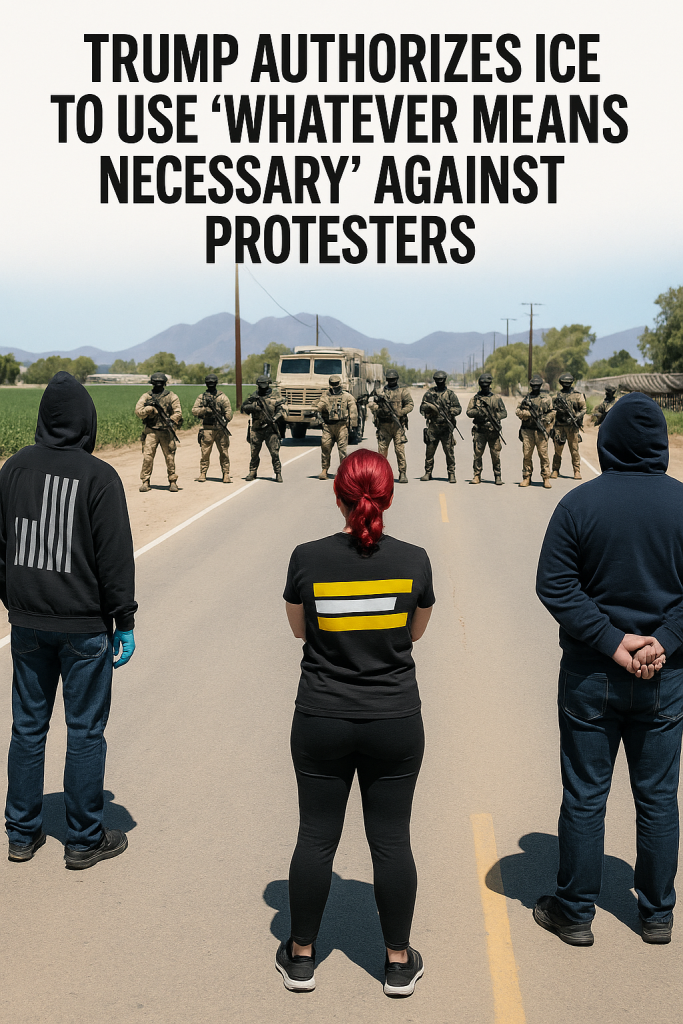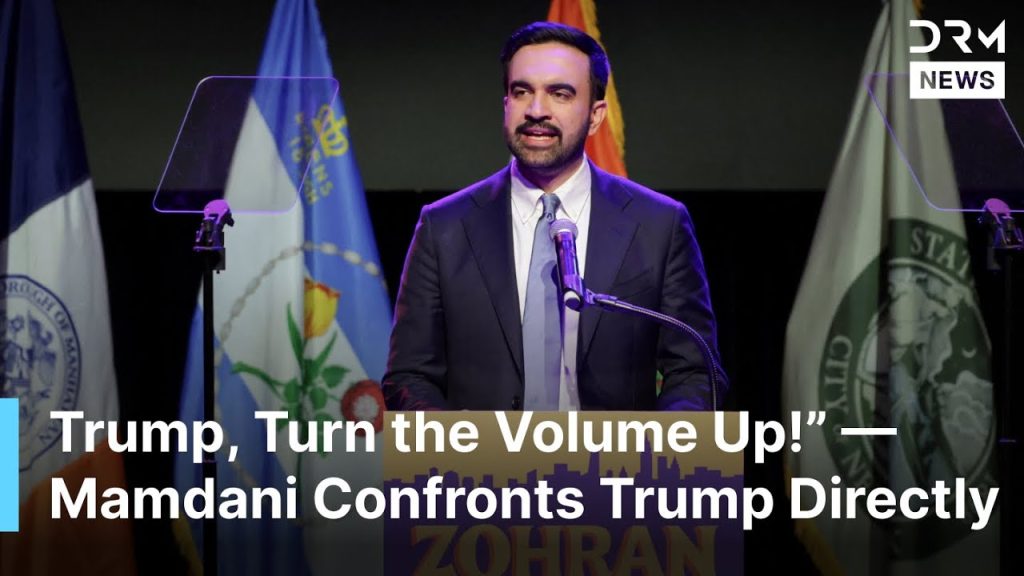In a controversial move stirring national debate, former President Donald Trump reportedly directed the Department of Homeland Security (DHS) to empower Immigration and Customs Enforcement (ICE) agents to use “whatever means necessary” against protesters disrupting federal operations at cannabis farms in California.
According to recent disclosures, the directive came amid escalating tensions between federal enforcement agencies and activists who have been protesting federal raids on marijuana farms—many of which operate legally under California state law but remain illegal under federal statutes. The order allegedly instructs ICE officials to adopt a hardline stance, authorizing an expansive range of tactics to counteract organized resistance by demonstrators.
Escalation of Conflict Over Cannabis Enforcement
California’s booming cannabis industry has long existed in a state-federal legal dichotomy. While the state legalized marijuana for recreational use in 2016, federal law continues to classify cannabis as a Schedule I controlled substance. This discrepancy has resulted in periodic federal enforcement actions targeting cultivation sites, particularly those accused of violating environmental or trafficking laws.
In recent months, protests have intensified. Activists argue that federal raids not only undermine state law but also jeopardize farmers’ livelihoods and the burgeoning legal cannabis market. Demonstrators have frequently employed nonviolent resistance tactics such as blockades and sit-ins to delay or stop federal agents from executing their operations.
The Trump administration’s order, which reportedly came through high-level DHS channels, explicitly directs ICE to counter such demonstrations by applying the full measure of force deemed necessary. While exact operational details have not been publicly released, sources familiar with the directive suggest it could include heightened physical interventions, arrests, and potentially use-of-force measures.
“Whatever means necessary” is a phrase that has raised considerable concern among civil rights advocates, legal experts, and some lawmakers, who fear that this authorization could lead to excessive or disproportionate responses against protesters exercising their constitutional right to assemble.
Legal and Political Implications
Experts emphasize that ICE’s traditional mandate focuses on immigration enforcement rather than general law enforcement actions against protesters. The recalibration of its role to include aggressive anti-protest measures at cannabis farms marks a significant expansion of its operational scope. Critics argue this could set a troubling precedent for federal law enforcement’s engagement with political demonstrations, especially in contexts tangentially related to immigration.
Furthermore, the directive has surfaced during a politically charged environment, with the 2024 presidential election underway and cannabis legalization featuring prominently in many state campaigns. The move has drawn sharp lines between those advocating for more progressive drug policies and those endorsing strict federal enforcement.
Responses and Reactions
Several advocacy groups have condemned the directive, framing it as an escalation that threatens civil liberties and public safety. Statements emerging from community organizations stress the need for dialogue and reforms that respect both state cannabis laws and constitutional protest rights.
On the other hand, supporters argue that the federal government must maintain the rule of law and ensure that illegal activities—even in regulated industries—do not operate with impunity or under the threat of violent obstruction.
The Department of Homeland Security has neither officially confirmed nor denied the specific contents of this directive, citing ongoing operational confidentiality. Meanwhile, ICE declined to comment on its enforcement tactics related to cannabis farms and associated protests.
As the situation unfolds, attention is intensifying on how enforcement agencies balance firmness in upholding federal statutes with safeguarding democratic freedoms. Activists vow to continue their resistance, signaling that this contentious issue is unlikely to be resolved anytime soon.



